Sacituzumab Govitecan Safe and Effective in Patients 65 and Older with TNBC
Sacituzumab govitecan, a Trop-2 antibody drug conjugate, had a significant survival benefit regardless of age in patients with metastatic triple-negative breast cancer, according to an abstract presented at ASCO 2022.
Kevin Kalinsky, MD, MS, director of the Glenn Family Breast Center at the Winship Cancer Institute at Emory University, spoke with MD /alert about the phase 3 ASCENT trial and how sacituzumab govitecan performed in patients greater than 65 years of age.
"Based upon the Phase 1/2 study that was published in The New England Journal of Medicine sacituzumab govitecan, Trop-2 antibody drug conjugate was conditionally approved," he said. "In the purpose of the ASCENT trial, which was a randomized phase 3 trial—that has also been published in New England Journal of Medicine—was randomizing patients to sacituzumab govitecan versus physician choice chemotherapy. The data presented at ASCO 2022, was really just a final analysis, just looking at the data to see how patients did.
There really were no surprises, we continue to see this improvement in progression free survival and response and overall survival. Then the question has been, what about the older patients, those greater than or equal to 65 years of age, and we don't want to over treat our patients and make sure that it's well tolerated in a population who may be more fragile, but the take home point is that population seem to tolerate sacituzumab well also and in addition, have the same sort of benefit."
Patients 65 years of age and older on sacituzumab govitecan had a median progression-free survival rate of 7.1 months compared to 2.4 months for patients on physicians' choice chemotherapy (HR=0.22, 95% CI, 0.12-0.40). Median overall survival was 15.3 months for patients on sacituzumab govitecan versus 8.2 months for patients on chemotherapy (HR=0.37, 95% CI, 0.22-0.64).
Overall response rate for patients on sacituzumab govitecan was 50% compared to 0% for patients on physicians' choice chemotherapy. In addition, the clinical benefit rate was 61% for patients on sacituzumab govitecan compared to only 9% for patients on chemotherapy.
Patients 65 years of age and older on sacituzumab govitecan had similar rates of treatment-emergent adverse events compared to younger patients. Rates of adverse events that led to dose reduction were also common among all age groups.
"Sacituzumab govitecan really was an important new medication for patients with triple negative breast cancer. The data presented at ASCO just reinforced that this is a study that demonstrated there's an overall survival advantage with this antibody drug conjugate. I'll also say that at ASCO 2022, just to contextualize everything, we saw the results of DESTINY-Breast04 for patients who have HER2-low breast tumors, and that rate in triple negative breast cancer can range from about a third to about 50%. For those patients with HER2-low disease, that in DESTINY-Breast04 was a small population, just about 60 patients or so there was significant improvement in overall survival for those patients as well. At ASCO 2022, we saw additional information for the HER2-low population, that's hormone receptor negative of giving them trastuzumab deruxtecan. I think that good studies also lead to asking more questions in future studies. One of the things that hopefully we'll see is what's the best sort of sequencing, right? Is it important to start with trastuzumab deruxtecan and then go to sacituzumab govitecan or vice versa?
The targets for those are different, but the payloads are the same. We don't quite know yet whether for the majority of patients, if there'll be cross resistance or not. I think as we learn more and more, we have additional options. What we see at ASCO 2022, again even with triple negative breast cancer, is that this is an ever-evolving field, given the advances that we have for patients," Kevin Kalinsky, MD, MS, Emory University said in the interview.
Reference:
https://meetings.asco.org/abstracts-presentations/197339
Disclosures: Authors declared financial ties to drugmakers. See full study for details.
Images: Getty Images, Pixabay
By Mara Shapiro, MD /alert Staff Writer
.jpg)


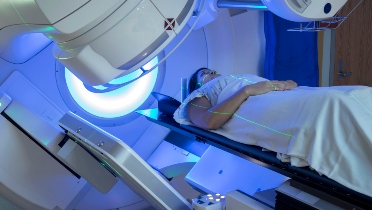
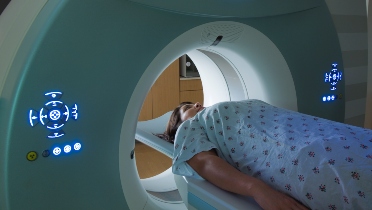

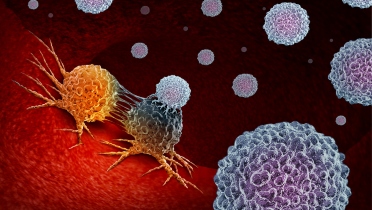









.jpg)

.jpg)
.jpg)
.jpg)

.jpg)
.jpg)
.jpg)
.jpg)


.jpg)
.jpg)
.jpg)
.jpg)
.jpg)
.jpg)
.jpg)
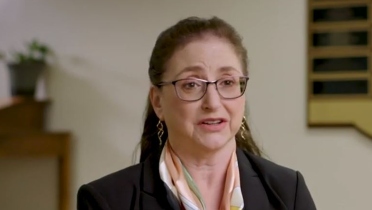
.jpg)
.jpg)
.jpg)

.jpg)
.jpg)
.jpg)

.jpg)
.jpg)

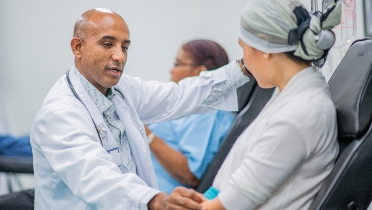
.jpg)

.jpg)

_.jpg)
.jpg)
.jpg)
.jpg)
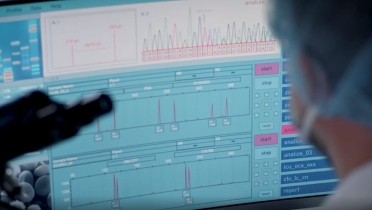
.jpg)
.jpg)
.jpg)


.jpg)

.jpg)
.jpg)

.jpg)
.jpg)
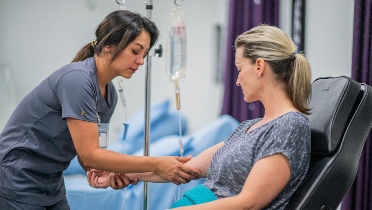
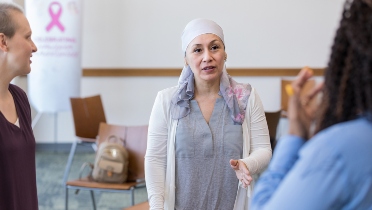
.jpg)
.jpg)
.jpg)
.jpg)
.jpg)
.jpg)
.jpg)
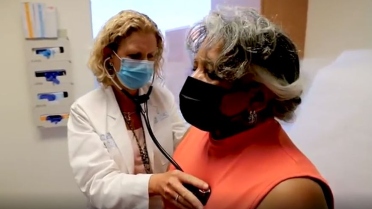
.jpg)
.jpg)
.jpg)

.jpg)
.jpg)
.jpg)
.jpg)
.jpg)
.jpg)
.jpg)

.jpg)
.jpg)
.jpg)
.jpg)
.jpg)
.jpg)
.jpg)
.jpg)

.jpg)
.jpg)
.jpg)
.jpg)

.jpg)

.jpg)
.jpg)
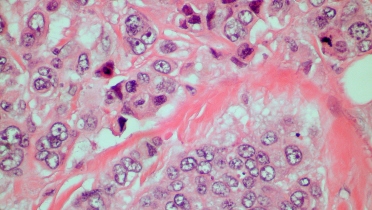
.jpg)



.jpg)
.jpg)
.jpg)

.jpg)

.jpg)
.jpg)

.jpg)

.jpg)
.jpg)
.jpg)
 Featured Breast Cancer Videos
Featured Breast Cancer Videos.jpg)